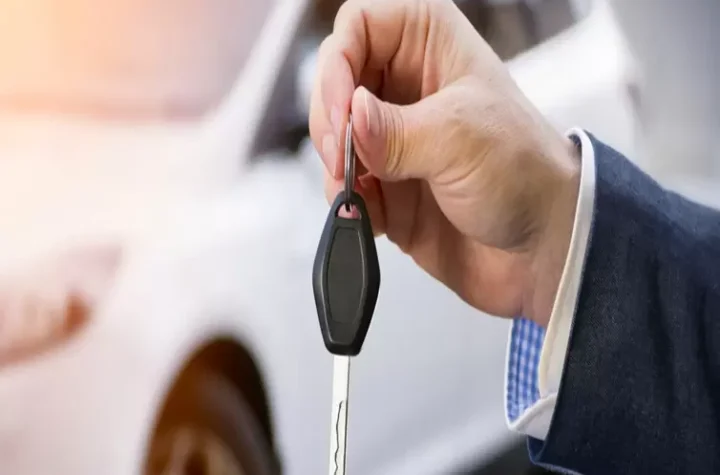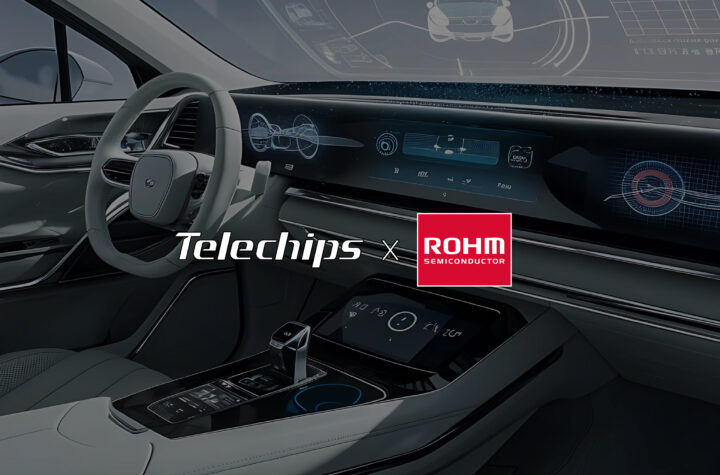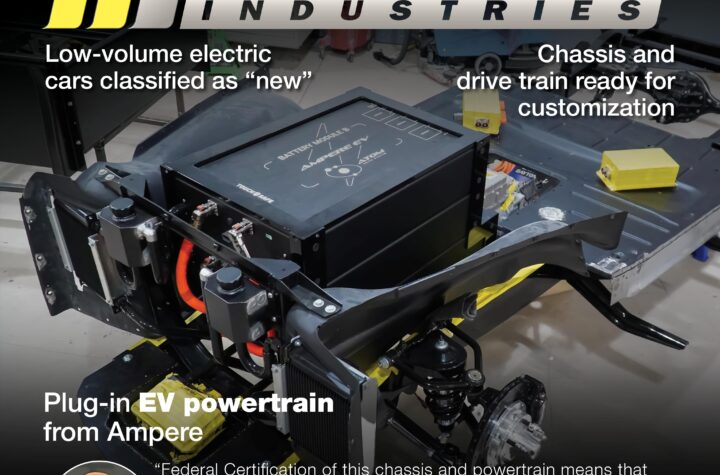
Close to US$44 billion in economic stimulus funds and other incentives
are being directed at the development of alternative fuel and advance technology vehicles according to a new analysis by the Deloitte Touche Tohmatsu (DTT) Global Manufacturing Industry group. The automotive analysis reveals that economic stimulus packages and other government programs are being emphasized in at least 13 markets.
“Consumer demand for greener vehicles as well as new regulations will heavily influence the development and marketability of innovations in the automotive industry,” says Hans Roehm, DTT Global Manufacturing Industry Leader. “Our analysis shows that the United States is leading in terms of economic stimulus and other government incentives with an estimate of US$27.4 billion directed towards alternative fuel technologies such as EVs.”
In 2009, Deutsche Bank estimated that global sales of electric, hybrid, and other alternative fuel and advance technology vehicles stood at 1 million and could rise to 1.3 million in 2010. According to J.D. Power and Associates, sales of hybrid-electric vehicles could reach about 1.3 percent of an estimated 67 million light vehicle sales this year. While hybrids and electric vehicles (EVs) represent a small fraction of total cars on the road today, the DTT Global Manufacturing Industry group estimates that by 2020, electric vehicles and other “green” cars will represent up to a third of total global sales in developed markets and up to 20 percent in urban areas of emerging markets.
“The drive for e-mobility is on the rise and not only affects the automotive industry, but also other related industries such as energy & resources,” explains Martin Hoelz, Deloitte Germany partner and Global Automotive Affinity Group Leader for DTT Global Manufacturing Industry group. “Incentives and government support range from tax breaks, cash bonuses, and other sales incentives for consumers, to subsidies for research and development (R&D) projects. As a result, consumers who have been keen to adopt alternative technology vehicles will further benefit.”
According to the Deloitte analysis, over the last 18 months, programs in least 156 countries and regions encourage consumers to replace old vehicles with new ones with scrappage bonus or “cash-for-clunkers” type incentives. These include: Austria, Central and Eastern Europe, China, France, Germany, Ireland, Italy, Japan, Mexico, Netherlands, Portugal, South Korea, Southeast Asia, Spain, United Kingdom, and the United States.”
Countries such as the United States, Australia, China, and France are channeling investments towards R&D efforts. The United States Advanced Technology Vehicles Manufacturing Loan Program totaling US$25 billion, for example, offers grants and loans to support the local development of advanced technology vehicles and associated components. Australia’s Green Car Plan will invest AUD$1.3 billion (US$1.2 billion) towards innovation and design of more environmentally-friendly vehicles.
“In Germany for example, the government has set its sights to have one million EVs on the road by 2020. It is supporting this with a EUR 500 million (US$660 million) investment towards development of batteries and analysis of how EVs can be introduced in certain regions of the country,” adds Hoelz.
Similarly, the French government launched a EUR 1 billion (US$1.3
billion) program in October 2009 to put plan to have two million hybrid and electrical vehicles on the road by 2020. The plan encompasses industrial research, battery development and building a network of battery-charging stations.
In the United Kingdom, the government announced that from 2011 it will subsidize 25 percent of vehicle costs for electric and plug-in-electric vehicles as a means to achieve lower carbon emissions – a total funding of 230 million pounds (US$350 million).
China has also stepped up its investments in alternative vehicle technology. Announced last year, China’s Revitalization and Readjustment Program for the Automotive Industry is expected to cultivate e-mobility in the world’s largest automotive market. The program includes a ten billion yuan (US$1.5 billion) government subsidy for three years to automakers who upgrade their technology and develop alternative fuel vehicles.
“The future of e-mobility and the approach to technology advances in cars is expected to be divided on regional lines,” concludes Roehm. “Green alternatives, such as EVs will likely find more consumer interest in developed countries, while flex-fuels, such as ethanol and natural gas will find wider adoption in emerging markets where the local climate or resource base favors these fuels over petroleum. The outcome is likely to be a variety of powertrain technologies in the market by 2020.”
The analysis by the DTT Global Manufacturing Industry group shows that the global automotive industry is expected to benefit directly from an injection of around US$105 billion in economic stimulus funds, representing a small percentage of the estimated US$4.3 trillion in economic stimulus packages committed by various governments around the world.
For a copy of Driving e-mobility: Economic stimulus and other support spur development of alternative vehicles, please visit http://www.deloitte.com/manufacturing.
About the automotive analysis
A summary of the government economic stimulus efforts and incentives was sourced and compiled using various external media sources based on information available from around November 2008 to end of February 2010. For the purpose of the analysis, 24 key automotive markets were evaluated spanning countries in the Americas, Asia-Pacific, and Central and Western European regions. Countries/markets included in the summary are: Argentina, Australia, Austria, Brazil, Canada, Central and Eastern Europe, China, Denmark, France, Germany, India, Ireland, Israel, Italy, Japan, Mexico, Netherlands, Portugal, Russia, South Korea, South East Asia, Spain, United Kingdom, and the United States.
Deloitte Touche Tohmatsu (DTT) Global Manufacturing Industry
The Global Manufacturing Industry group is comprised of more than 750 partners and 12,000 industry professionals in Deloitte member firms in over 45 countries. The team’s deep industry knowledge, service line expertise, and thought leadership allows them to solve complex business issues with member firm clients in every corner of the globe. Deloitte member firms attract, develop, and retain top professionals and instill a set of shared values centered on integrity, value to clients, and commitment to each other and strength from diversity. Deloitte member firms provide professional services to 80% of the manufacturing industry companies on the Fortune Global 500(R). For more information about DTT Global Manufacturing Industry, please visit http://www.deloitte.com/manufacturing.















More Stories
Southfield Classics utilizes Ampere EV engineering to become the first manufacturer to achieve Low Volume Vehicle Manufacturer Certification
AVL ThermalLab™ brings dynamic road VTMS conditions to the laboratory
Sika – where battery storage technology for EVs, wind and solar meet